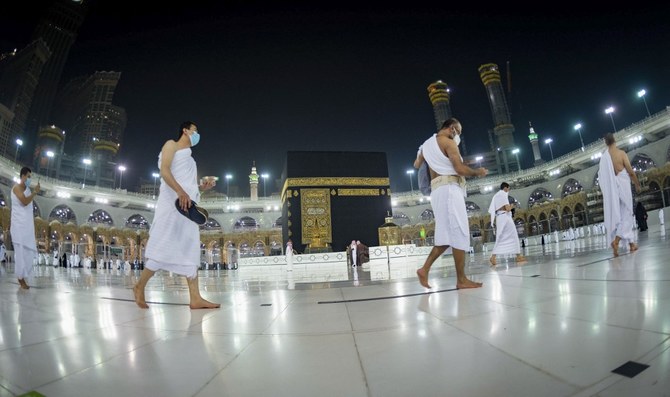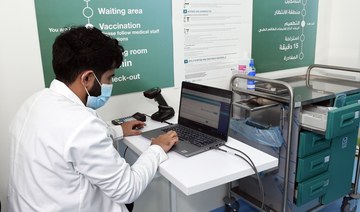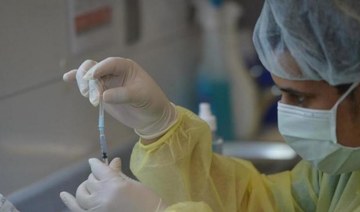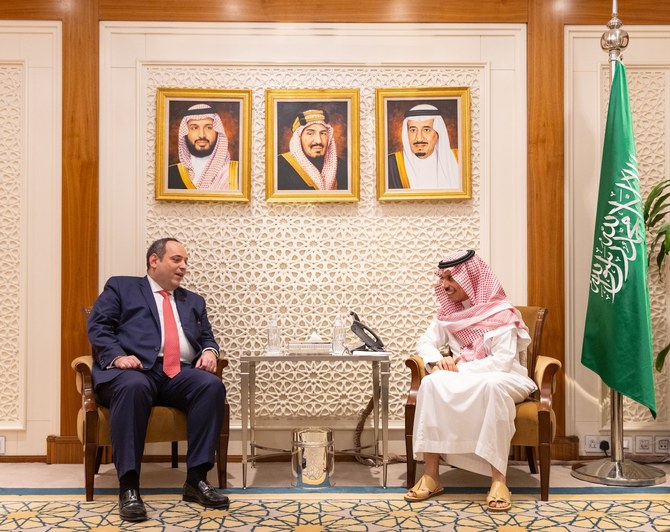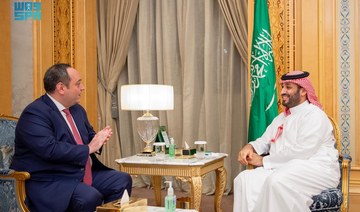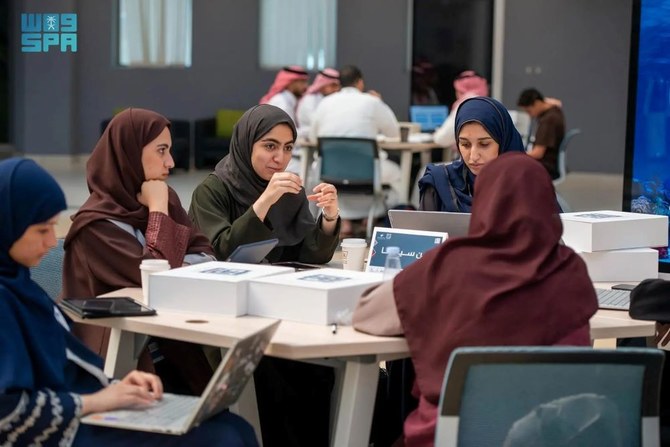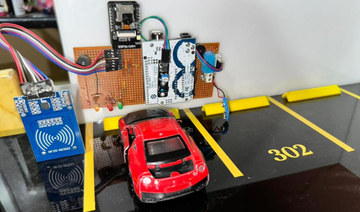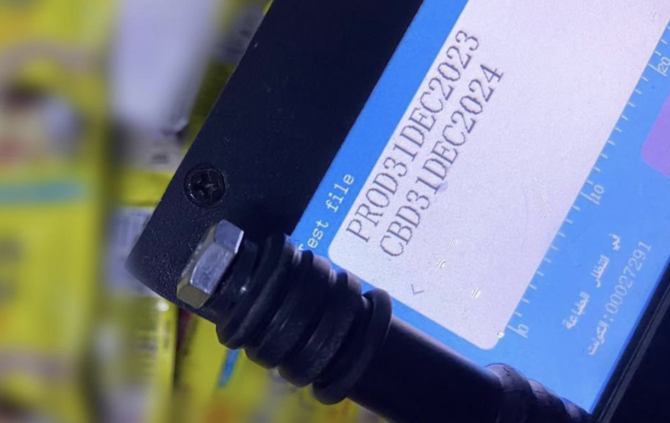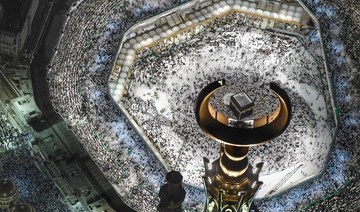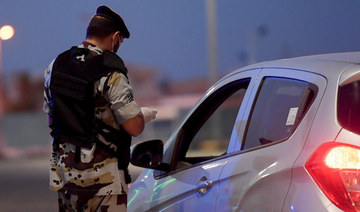On July 5, 2020, at the height of the COVID-19 pandemic in Saudi Arabia, there were 58 deaths in the Kingdom – the worst daily toll seen in the country before or since.
On March 10, on the eve of the one-year anniversary of the World Health Organization declaring the global spread of the coronavirus disease COVID-19 to be a pandemic, the Ministry of Health reported there were just six deaths from the disease in the Kingdom.
This is just one of several statistics that show just how effective Saudi Arabia’s response to the pandemic has been over the past year.
Saudi Arabia announced its first patient on March 2, 2020, and since then has seen 380,958 cases. This is the 42nd largest number in the world, but equivalent to 10,827 cases per million of population – far better than the global average of 15,183 cases per million.
By this measure there are 114 countries in the world today whose case rate is worse than Saudi Arabia’s, including in the region: Israel, Bahrain, Qatar, Lebanon, Kuwait, Jordan, the UAE, Oman, Iran and Iraq.
Many western states have fared far worse than Saudi Arabia – the US has seen 89,683 cases per million, the eighth worst rate in the world. In the UK, the rate is 62,158 per million.
On March 25, 2020, three weeks after the first case of COVID-19 was reported in the Kingdom, Saudi Arabia recorded its first death.
Since then, as of March 10, 2021, 6,545 people have lost their lives to the disease, which puts Saudi Arabia in 44th position overall in the world in terms of its total number of fatalities.
Again, as grim as this is, the Kingdom has fared far better than many nations. Seen in terms of the number of deaths as a proportion of population, with 186 deaths per million Saudi Arabia is in 100th place.
This means the Kingdom’s death toll has been far below the global average of 336.8 deaths per million, and is much better than that in many western states, including the UK (1,835 deaths per million), the US (1,627), France (1,366) and Germany (870).
By this measure, Saudi Arabia has also out-performed regional neighbors including Lebanon, Iran, Israel, Jordan, Palestine, Turkey, Libya, Iraq, Oman, Bahrain and Kuwait.
Of its GCC partners, by this measure only the UAE (with 135 deaths per million of population) and Qatar (94) have fared better.
At the height of the pandemic in Saudi Arabia, on June 17, 2020, the Kingdom experienced 4,919 new cases in a single day. On March 9, 2021, there were just 367 new cases confirmed by testing.
As Arab News reported in a special Deep Dive published last September, the Kingdom acted far quicker than many countries to reduce the impact of the coronavirus.
On Feb. 1, 2020, a good month before the country recorded its first case of COVID-19, a committee comprised of all the main ministries and authorities of state was set up to plan the nation’s response.
Flight bans were imposed, first on China, where the virus had first appeared, and then increasingly on other countries where infection rates were climbing.
Borders were closed, businesses and schools shuttered, lockdowns and curfews imposed, and a rigorous testing regime introduced – by Aug. 31, more than 5 million COVID-19 tests had been carried out.
Direction came from the very top. On March 19 last year, King Salman gave a morale-boosting public address on television, appealing to the nation’s “heightened sense of collective responsibility.”
“The strength, steadfastness, and determination that you have demonstrated during … this difficult phase,” he said, “and your full cooperation with relevant government agencies, are the most important contributing factors and pillars of the success of the state’s efforts.”
Ten days later, the King ordered that treatment for COVID-19 should be free to all patients in the Kingdom, including violators of residence, labor or border security laws, who “shall all be treated at the public and private hospitals and healthcare centers free of charge, and without any legal liability whatsoever.”
As the pandemic progressed, events large and small were cancelled, and even mosques were closed. Umrah was suspended for foreign pilgrims and in July Hajj was limited to 1,000 representative pilgrims, selected from nationals and foreigners already resident in the country.
Although numerically a shadow of Hajj 2019, when 2.5 million pilgrims had converged on Makkah from around the world, Hajj 2020 was a triumph of organization, and passed off without a single case of COVID-19.



